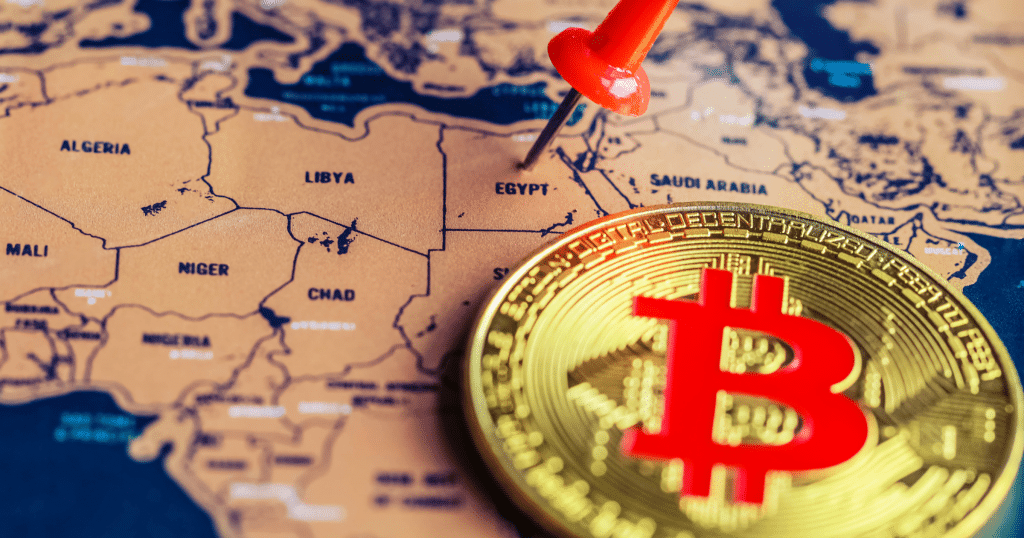Colombia

Colombia is an interesting country. For instance, Uber is technically illegal there, but that doesn’t stop the business from thriving. Riders flout the law by sitting in the front seat of the car so it looks like they are friends with the driver. When it comes to cryptocurrency, “The SF [Financial Superintendency] warned controlled financial institutions that they are not authorized to protect, invest, broker, or manage virtual money operations”.
The legitimacy of cryptocurrency in Colombia, therefore, falls into a gray area. Large institutions, banks, brokerage firms, and regulated exchanges are not allowed to deal with cryptocurrency, which can make it exceedingly difficult for the average investor to get involved.
However, they have not outright banned the use of cryptocurrencies and presumably people caught using them will not be punished. However, as is often in the case in developing countries, the application of the law is often up to the discretion of the local magistrate and it would be unwise to flaunt cryptocurrency holdings in Colombia.
Venezuela

In an autocratic country like Venezuela, one would expect all forms of cryptocurrency to be illegal. However, that is not the case. For many years, bitcoin was legal and trading volumes in Venezuela continued to grow, especially via Localbitcoins, a company that facilitates over-the-counter trading of local currency for bitcoin.
However, as of February 9th, 2019, the Venezuelan government has announced that all bitcoin transactions will be taxed at 15 percent. So while bitcoin and other cryptocurrencies are not illegal, all transactions are supposed to be taxed at a draconian rate. Of course, what remains to be seen is if the government has the technological feasibility to enforce this tax on a pseudonymous currency that requires no central authority to guarantee finality on transactions.
Egypt

Egypt is the first country on the list where bitcoin, along with other cryptocurrencies, is truly forbidden. According to Egyptian authorities, bitcoin is haram, that is it’s prohibited under Islamic law. There have been reports of bitcoin miners, sellers and buyers being thrown into jail when caught using the currency.
Interestingly, other Middle Eastern countries like Bahrain, Saudi Arabia, and the United Arab Emirates have all embraced or at least tolerated distributed blockchain technology. They have not found it to violate haram. This may suggest that Egypt could change its regulations in the future.
Nepal

The Nepal Rastra Bank has declared that bitcoin is illegal and there have been a handful of arrests for people trading in the cryptocurrency. The main reasoning for the ban came down to the anonymous nature of bitcoin and its decentralized nature.
All of this is interesting given that bitcoin is not anonymous and every single transaction that has ever taken place is visible on the blockchain. Further, if Nepal is worried about decentralization and the inability to shut down bitcoin, should they not also ban the use of the dollar or the euro? Two other currencies that Nepal could never hope to dismantle even if they went to war with America or Europe.
Of course, just because bitcoin is illegal in Nepal does not mean that it’s impossible to buy or own the currency. Localbitcoins offers sellers throughout the country and anybody with the means to leave for a brief amount of time could take a vacation in another country, stock up on bitcoin and return to Nepal.
Bolivia

Bolivia has one of the more draconian stances on bitcoin. Not only are financial institutions prohibited from working with it, but everyday citizens are also banned from using it as a currency to pay for goods and services.
However, as with almost any other country in the world, there are ways to purchase bitcoin and other currencies on the grey market, especially through Localbitcoins. Owing to the ease of creating a wallet and the ability to back up that wallet on a piece of paper (or memorize it if you are truly daring), it would be very difficult if not impossible for the Bolivian government to completely stop citizens from trading in the currency.
Make sure to check up on local regulations
Among all of the benefits of cryptocurrency is perhaps, first and foremost, that it cannot be shut down and cannot be controlled by any one country. Certainly, it can be made significantly more difficult to own bitcoin or other currencies and the fines or jail time may increase, but the decentralized nature and ability to buy and sell locally without a centralized exchange will prove to be a powerful onboarding tool.
As a final note: if you are traveling to a country and want to spend bitcoin or any other cryptocurrency, be sure to check up on local regulations before arriving, just to make sure you are on the right side of the law.
Source: Law Library of the United States Congress.
Sam Klemens,
Crypto writer





